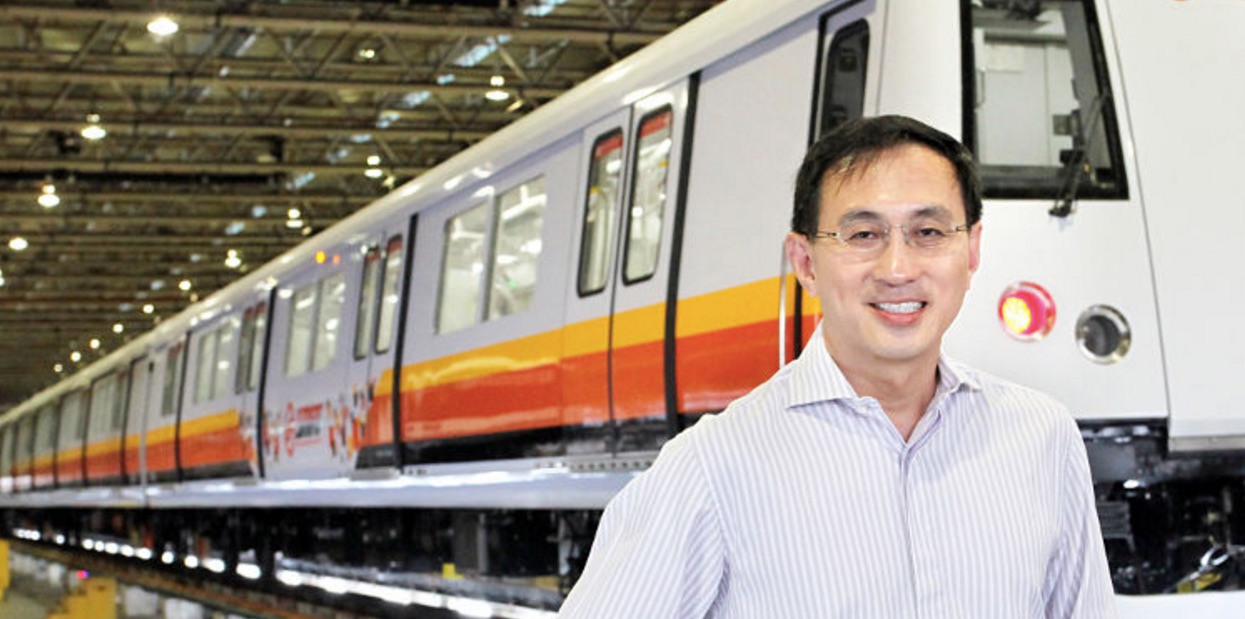Leong Sze Hian
 What has record HDB prices got to do with falling private property prices and the number of students graduating from tertiary institutions?
What has record HDB prices got to do with falling private property prices and the number of students graduating from tertiary institutions?
According to the article, “HDB prices hit record high” (Today, Jul 24), prices of HDB flats rose 1.4 per cent in the second quarter. Sales of HDB resale flats also surged 58 per cent, reflecting improved market sentiment, the report said.
Resale transactions were 10,184 in the second quarter, compared to 6,446 in the first quarter.
In contrast, “private home prices fell 4.7 per cent in the second quarter. It’s the 4th straight quarter decline but it is less than the 14.1 per cent sharp drop in the first quarter. (“Home prices dip 4.7%”, ST, Jul 24).
Historically, HDB and private property prices have more or less moved in close tandem with each other, most of the time. So, why are they moving in opposite direction now?
Well, the answer may lie in an altogether seemingly unrelated statistic – the number of graduates.
This year’s graduating cohort from the Nanyang Technological University – 8,000 students – is the largest ever (“8,000 students graduate from NTU this year“, CNA, Jul 23).
I estimate the total number of under-graduate and post-graduate students graduating in a year from all the universities and polytechnics to be about 40,000.
The admissions policy of the tertiary institutions reserves 20 per cent of first year admissions for foreigners. The balance 80 per cent goes to Singaporeans and PRs. I estimate that about 15 per cent go to PRs. So, the percentage for Singaporeans is probably about 65 per cent.
For graduate students, I estimate about 50 per cent are foreigners, and 15 per cent PRs. So, Singaporean graduate students make up probably about 35 per cent.
Some Singaporeans will leave the universities in their second year or later years for foreign universities, whereas probably very few foreigners leave for the basic reason that most foreigners are here on a tuition grant scheme, whereby they have to be bonded to work in Singapore for three years after graduation, and thus are financially less in a position to transfer to foreign universities compared to Singaporeans.
What this means in totality is that about 40 per cent of the entire student population are probably non-Singaporeans.
Since a foreign student on a tuition grant scheme is bonded to work for three years after graduation, he or she may soon become a PR, and eventually a citizen.
For housing, perhaps it makes more economic sense for him or her to buy a HDB flat instead of renting.
For example, renting just a room is about $450 to $650 per month, compared to a monthly repayment of only $400 for every $100,000 of a HDB concessionary loan for 30 years at 2.6 per cent.
So, PRs may try to marry a Singaporean quickly so that they can qualify for a new HDB flat with a HDB loan, or convert their bank loan to a HDB loan when they become citizens.
Of course, PRs with PR siblings, as well as married PRs, can also buy HDB resale flats with bank loans.
What all these mean may be that the demand for HDB flats and thus prices may go up.
Since HDB uses its “market subsidy” pricing policy to peg new HDB flat prices to resale prices, although nobody knows exactly what pricing formula is used, new HDB flat prices may consequently rise as well.
When the decision was made many years ago to have the “20% foreign students” policy, was any comprehensive study done on its implications on the demand and affordability of HDB flats?
Now let’s examine the question of demand and supply of HDB flats. After all, prices are a reflection of market supply and demand.
The HDB over-built about 16,000 5-room and larger flats which I understand took more than a decade to sell off.
Although the HDB is increasing its building of smaller flats, the fact that every BTO(Build-to-order) launch has been heavily over-subscribed is an indication that demand exceeds supply.
There is also the trend of more people down-grading to smaller flats to monetise their hone equity, which may also have fueled the demand for smaller flats.
With the record increase in the number of new PRs to 79,000 and new citizens to 21,000 last year, is it any wonder that HDB prices keep going up!
All these speculation could have been put to rest by making the relevant statistics available.
Is it not rather surprising that over the years, no MP has been able to ask a question in Parliament in such a way as to extract from the Government a simple answer as to the breakdown of the entire university population into foreigners, PRs and Singaporeans?
——




